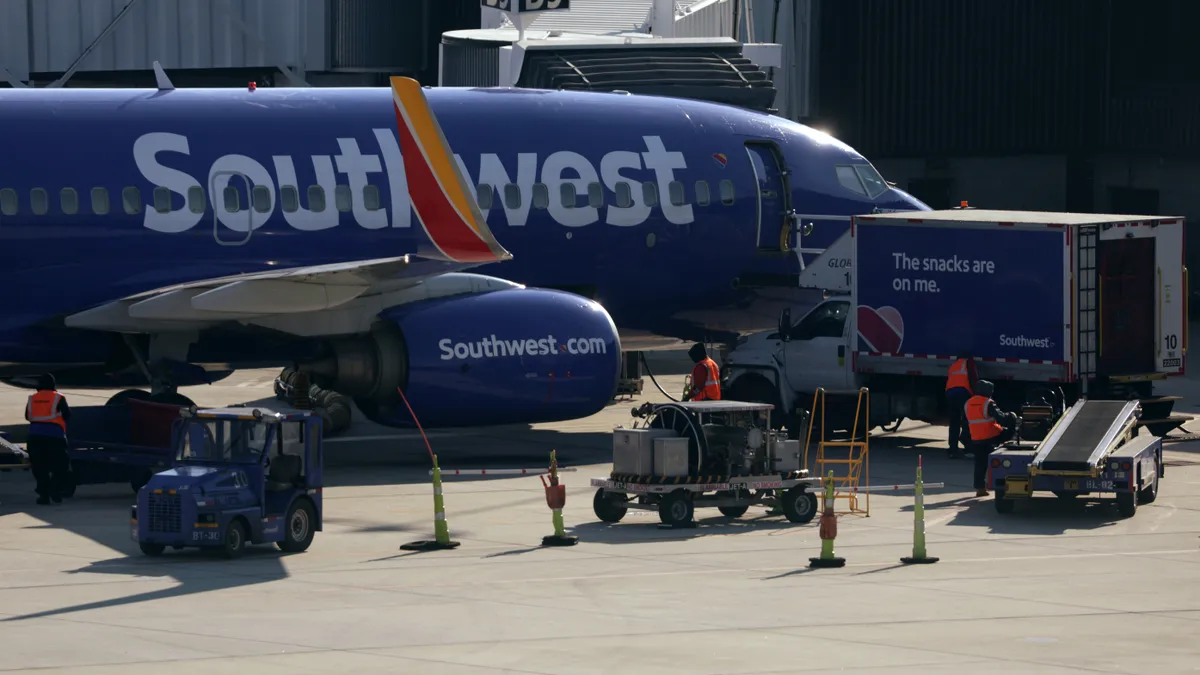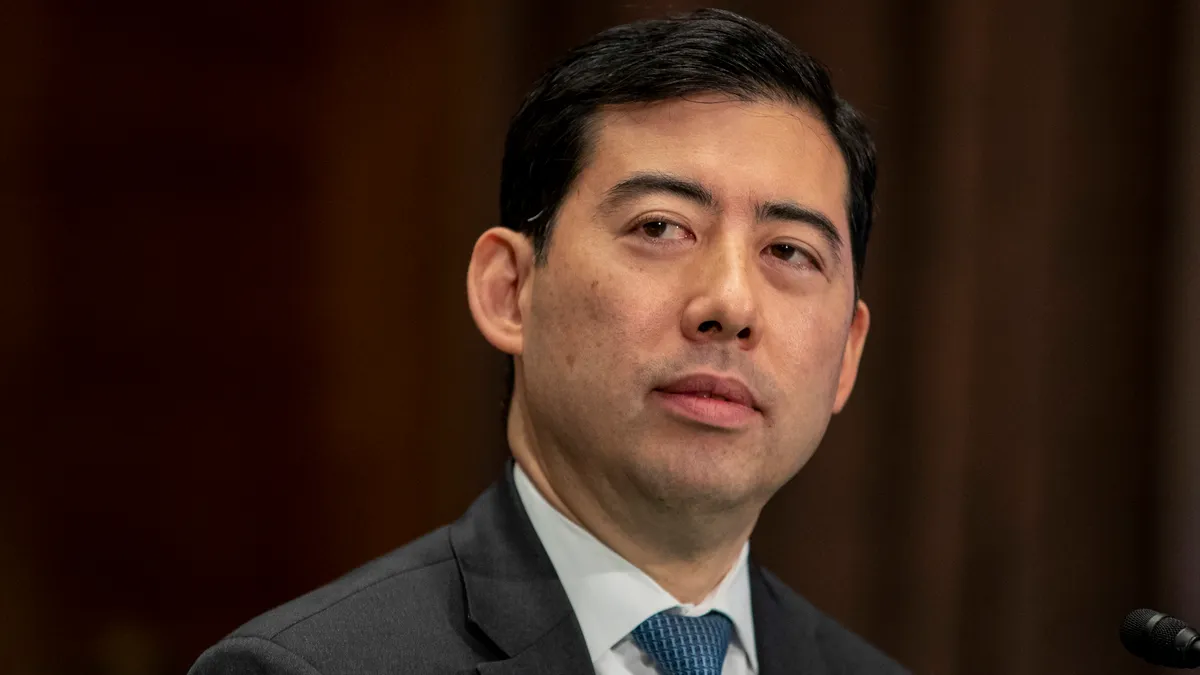A federal judge has rejected Southwest Airlines’ request for a continued stay of his order requiring three of its in-house lawyers to attend religious liberty training as a sanction for the airline’s noncompliance with a previous directive.
U.S. Judge Brantley Starr ruled on Aug. 31 that his contempt order mandating training provided by the Alliance Defending Freedom would serve the public interest and said Southwest’s latest briefing “shows that religious-liberty training is more necessary now than ever before.”
The Northern District of Texas judge originally required the training because he ruled that prior communications from Southwest to flight attendants about its loss of a religious discrimination case did not comply with a key element of the judgment.
Southwest was supposed to notify its flight attendants that under Title VII it “may not” discriminate against them for their religious beliefs and practices. But one of the notices at issue said the airline “does not” discriminate.
“Religious liberty training won’t harm Southwest,” Starr wrote in his most recent ruling. “But staying it will harm the flight attendants who still don’t know the truth about the injunction that protects them.”
Southwest had requested a stay of the original early August order while it appealed to the U.S. Court of Appeals for the Fifth Circuit. The airline did not immediately respond to a request for comment Wednesday.
In the underlying case, a jury ruled that Southwest flight attendant Charlene Carter was improperly fired several years ago for expressing her anti-abortion views on social media to her union president.
Starr ordered Carter reinstated and enjoined Southwest from discriminating against the religious beliefs of its flight attendants. The judge reduced Carter’s $5.1 million jury award to about $800,000.
Southwest’s case
In seeking a stay of Starr’s civil contempt order pending appeal, Southwest advanced several arguments.
The airline asserted that the order exceeds the court’s civil-contempt power, violates the First Amendment and rests on a jury verdict that the Fifth Circuit is likely to overturn on appeal.
Southwest also said appointing the Alliance Defending Freedom, a Christian legal advocacy group known as ADF, to conduct training exacerbates other problems raised by the judge’s order.
“By ordering religious-liberty training — with the unprecedented requirement that the ADF, a group with a professed religious viewpoint, conduct the training — the Court is sanctioning Southwest for its own protected activity of expressing its viewpoint,” states an August 16 brief from Southwest.
Carter argued against the further stay of the judge’s contempt order. Her attorneys wrote in an August 24 brief that Title VII religious liberty training was necessary to secure Southwest’s compliance with prior court orders and “end ongoing harms.”
Judge defends training requirement
Starr’s ruling detailed why he did not find Southwest’s arguments compelling, and the judge defended his choice of ADF to conduct religious liberty training.
“ADF has won multiple Supreme Court cases in recent years on the topic of religious liberties, evidencing an understanding of religious liberties,” Starr wrote. “And because ADF has agreed to conduct topical trainings in the past, ADF appears well-suited to train Southwest’s lawyers on a topic with which the lawyers evidently struggle.”
Cases that ADF has successfully worked on before the U.S. Supreme Court include the court’s Dobbs v. Jackson Women’s Health Organization decision, which overturned the right to abortion precedent in Roe v. Wade.
ADF also represented a Colorado-based graphic artist and website designer in the 303 Creative LLC v. Elenis case in which the Supreme Court ruled Lorie Smith did not have to provide services to same-sex couples.
Meanwhile, a court watchdog group has filed a misconduct complaint against Starr for his religious liberty training order, while some legal experts have called it unusual but not out of bounds.
Procedural issues
From a legal procedure perspective, Starr said, Southwest erred by not previously seeking a stay of the injunctive portions of the judgment in the Carter case when it initially appealed.
He wrote that under Supreme Court precedent, Southwest was obligated to comply with the unstayed order.
“Southwest may wanna get away from that Court-ordered notice but, because it didn’t seek a stay, it can’t leave the gate,” Starr wrote in his Aug. 31 ruling.
ADF has been tasked with providing the Southwest lawyers with at least eight hours of religious liberty training.
Starr wrote in his latest ruling that the deadline for the lawyers to complete the training is Sept. 26, and the deadline for Southwest to make its certification is Oct. 5.



















